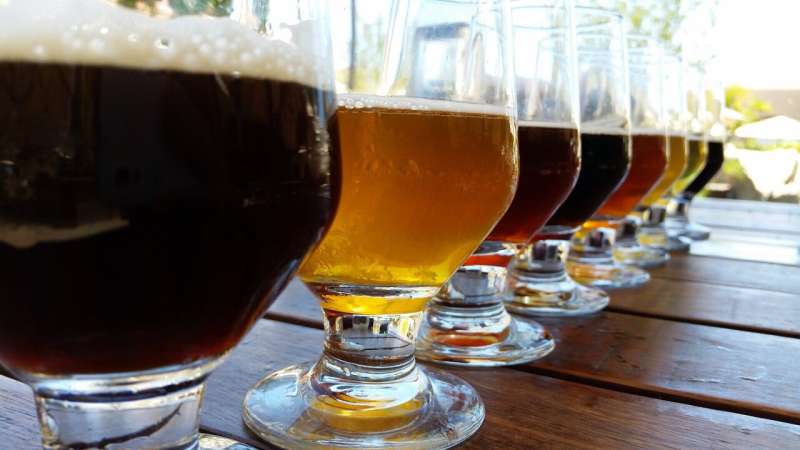This article has been reviewed according to Science X's editorial process and policies. Editors have highlighted the following attributes while ensuring the content's credibility:
fact-checked
trusted source
proofread
Study finds computer-based intervention is cost-effective at reducing binge drinking among adolescents

A computer-based intervention associated with reduced binge drinking episodes among high school students could yield a cost savings of eight thousand euros, according to a Spanish study published in Alcohol: Clinical and Experimental Research. The study found the computer-based intervention cost-effective, resulting in societal savings of €8,000 for each binge drinking episode averted. Computer and web-based interventions can potentially reach a far larger number of students than face-to-face screening and intervention.
The study analyzed the cost-effectiveness of Alerta Alcohol, a web-based, computer-tailored program adapted from Alcohol Alert, which was developed in the Netherlands to address cognitive and motivational factors related to alcohol use by adolescents. This study compared data from students who received the Alerta Alcohol intervention to those who received no intervention; data collected at baseline and at four-month follow-up from 400 15- to 19-year-old students at high schools in Spain were analyzed.
Students aged 17 and older in the intervention group had one less binge drinking episode per month than those without intervention. The group that received no intervention reported two hospitalizations due to binge drinking; the group reported no binge drinking-associated hospitalizations following the Alerta Alcohol program. Female students and students who received €1 to €20 weekly pocket money showed better follow-through with the program and had reduced binge drinking episodes. Lower apparent effectiveness of the intervention in certain subgroups may be related to their relatively low reported alcohol use at baseline.
The study examined costs associated with binge drinking episodes, including direct health care to the Spanish national health service, such as emergency room visits, medical transport, and hospitalization, and direct non-healthcare costs, such as traffic accidents and missed days at school. Total direct health care costs were lower at the four-month follow-up in the group using the Alerta Alcohol program than in the non-intervention group, €800 compared to €3,900 at the four-month follow-up point; the cost difference was largely attributable to hospital stay. Total direct non-healthcare costs were also lower in the intervention group, €9000 compared to €24,000, mainly related to the costs of traffic accidents. The cost of averting one binge drinking episode per month from the health system perspective was €17.
This analysis suggests that computer-based intervention is a cost-effective tool that could be used broadly. There is opportunity for programs to employ gamification, social media, and smartphone technology, and could be tailored for particularly vulnerable groups for a potentially more personalized, more effective intervention. The authors recommend additional studies with larger participant samples and longer-term interventions.
More information: Ana Magdalena Vargas‐Martínez et al, Cost‐effectiveness and cost‐utility analyses of a web‐based computer‐tailored intervention for prevention of binge drinking among Spanish adolescents, Alcohol: Clinical and Experimental Research (2023). DOI: 10.1111/acer.14990




















